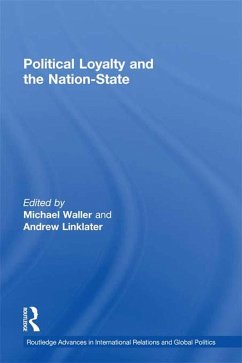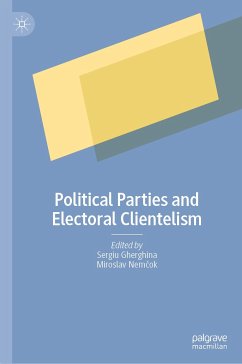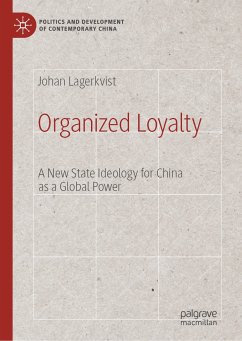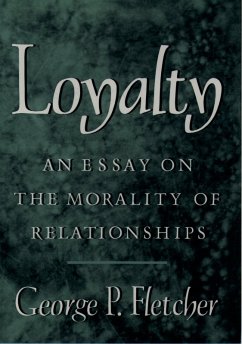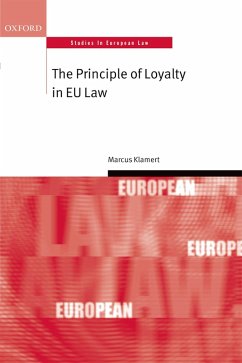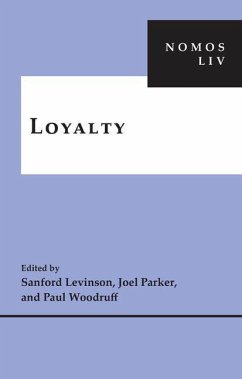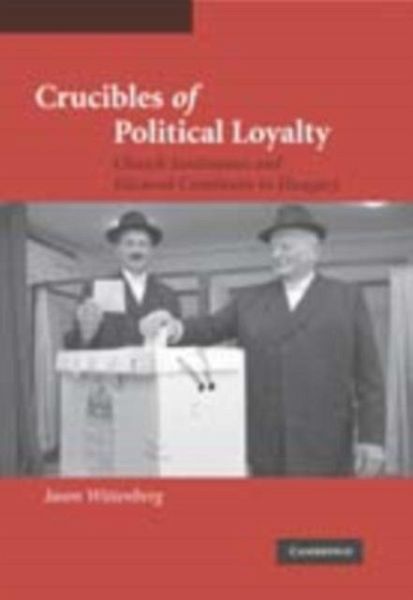
Crucibles of Political Loyalty (eBook, PDF)
Church Institutions and Electoral Continuity in Hungary
Versandkostenfrei!
Sofort per Download lieferbar
25,95 €
inkl. MwSt.
Weitere Ausgaben:

PAYBACK Punkte
13 °P sammeln!
This book investigates one of the oldest paradoxes in political science: why do mass political loyalties persist even amid prolonged social upheaval and disruptive economic development. Drawing on extensive archival research and an original database of election results, this book explores the paradox of political persistence by examining Hungary's often tortuous path from pre- to post-communism. Wittenberg reframes the theoretical debate, and then demonstrates how despite the many depredations of communism, the Roman Catholic and Calvinist Churches transmitted loyalties to parties of the Right...
This book investigates one of the oldest paradoxes in political science: why do mass political loyalties persist even amid prolonged social upheaval and disruptive economic development. Drawing on extensive archival research and an original database of election results, this book explores the paradox of political persistence by examining Hungary's often tortuous path from pre- to post-communism. Wittenberg reframes the theoretical debate, and then demonstrates how despite the many depredations of communism, the Roman Catholic and Calvinist Churches transmitted loyalties to parties of the Right. Contrary to conventional wisdom, Church resistance occurred not from above, but from below. Hemmed in and harassed by communist party cadres, parish priests and pastors employed a variety of ingenious tactics to ensure the continued survival of local church institutions. These institutions insulated their adherents from pressures to assimilate into the surrounding socialist milieu. Ultimately this led to political continuity between pre- and post-communism.
Dieser Download kann aus rechtlichen Gründen nur mit Rechnungsadresse in A, B, BG, CY, CZ, D, DK, EW, E, FIN, F, GR, HR, H, IRL, I, LT, L, LR, M, NL, PL, P, R, S, SLO, SK ausgeliefert werden.




